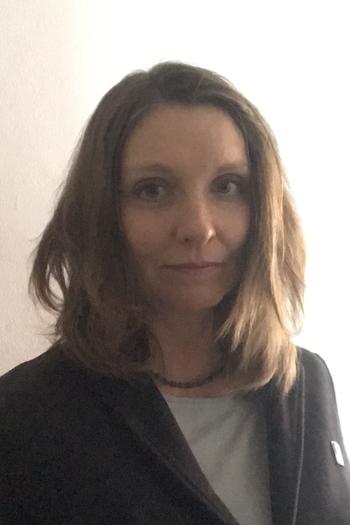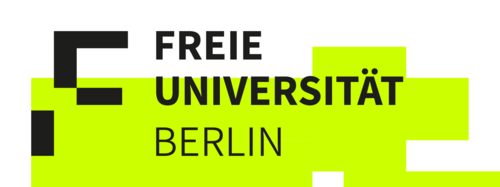Anik Waldow

Fellow, University of Sidney
Early Modern Philosophy
I am Professor of Philosophy at the University of Sydney and mainly work in early modern philosophy with a special focus on Hume, Descartes, Locke, Rousseau, Herder and Condillac. In my research, I examine the relationship between affect and reason to trace the development of conceptions of agency that bring into play the embodied reality of human beings who form part of the deterministic sphere of nature while also being able to self-determine their thoughts and actions. A further strand of my research looks at the role of emotions in the communication of knowledge and training of judicious minds. Here I am particularly interested in connecting the French eighteenth-century debate on eloquence with the idea that successful communication requires a sympathetic transmission of thoughts and feelings.
During my time as a Fellow of the Human Abilities project, I will investigate the difference between specifically human and non-human abilities. More concretely, I will examine to what extent early modern philosophers engaged with the idea that higher-order cognitive and moral abilities can be conceived as having their roots in capacities we share with non-human animals. I am here particularly interested in the role of sentiment and how it contributes to what was often referred to as an “art of thinking”. A second focus will be to understand better how the ability to recognize others as cognitive equals—who are equal insofar as they tend to think and feel along broadly similar lines—decided who counted as a normally functioning human creature and who did not due to the failure to meet shared norms of rationality. In this context, I also look at early modern conceptions of monstrosity, where monsters are those who do not seem to fit established expectations of what is natural and normal.



